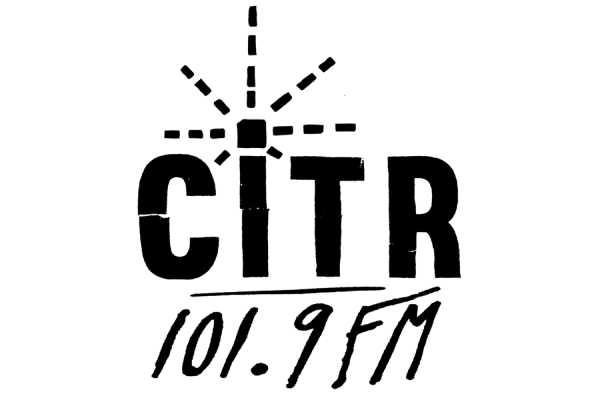Using harps, strings, mallets and orchestral nubs, Esmerine’s La Lechuza conjures up the stillness and tranquility of hidden lakes and remote forests where owls cautiously keep watch over their territory. Like its namesake—lechuza is Spanish for “owl”— the largely instrumental album presents both a quiet strength and swooping, full-on dramatic directives.
The opening track, “A Dog River,” sets the tone as deliberate and somewhat hurried Orff instruments climb their way above the sorrowful violins to a theatrical finish. The album continues with minimal accompaniment accentuating a mallet pattern or string motif and settling into a more slowed pace. By the third track, “Last Waltz,” we are introduced to Esmerine co-founder Rebecca Foon’s vocals amidst a somewhat distorted backdrop and a cavernous bass drum. The real surprise comes with “Snow Day For Lhasa,” which ventures into the post-pop realm with a rare vocal piece that sounds comfortable and oddly familiar.
Esmerine is a project that is quite different from Thee Silver Mt. Zion and Godspeed You! Black Emperor, two bands in which Esmerine’s members Foon and Bruce Cawdron spent time with, respectively. With the exception of “Little Streams Make Big Rivers,” which features the crescendo of instruments and more of an indiepop feel reminiscent of the aforementioned project, Esmerine’s La Lechuza is really more about experimental chamber music than anything in the indie realm. It acts as a soundtrack to a film set in the calm wilderness of Quebec’s rolling hills and peaceful lakes. The supporting cast of Sarah Neufeld (Arcade Fire) and Patrick Watson on some of the tracks does not deter Esmerine from their focus; La Lechuza is a methodical divergence from conventional, guitar driven compositions.


